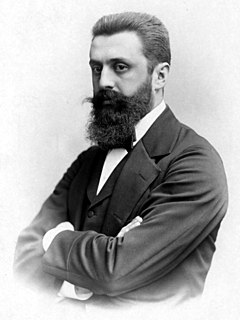A Quote by Calvin Coolidge
The collection of taxes which are not absolutely required, which do not beyond reasonable doubt contribute to public welfare, is only a species of legalized larceny. Under this Republic the rewards of industry belong to those who earn them.
Related Quotes
To lay taxes to provide for the general welfare of the United States, that is to say, 'to lay taxes for the purpose of providing for the general welfare.' For the laying of taxes is the power, and the general welfare the purpose for which the power is to be exercised. They are not to lay taxes ad libitum for any purpose they please; but only to pay the debts or provide for the welfare of the Union.
I try to make art which celebrates doubt and uncertainty. Which provokes answers but doesn't give them. Which withholds absolute meaning by incorporating parasite meanings. Which suspends meaning while perpetually dispatching you toward interpretation, urging you beyond dogmatism, beyond doctrine, beyond ideology, beyond authority.
Education is here placed among the articles of public care, not that it would be proposed to take its ordinary branches out of the hands of private enterprise, which manages so much better all the concerns to which it is equal, but a public institution can alone supply those sciences which, though rarely called for, are yet necessary to complete the circle, all the parts of which contribute to the improvement of the country, and some of them to its preservation.
It can be shown that an incorporeal and reasonable being has life in itself independently of the body... then it is beyond a doubt bodies are only of secondary importance and arise from time to time to meet the varying conditions of reasonable creatures. Those who require bodies are clothed with them, and contrariwise, when fallen souls have lifted themselves up to better things their bodies are once more annihilated. They are ever vanishing and ever reappearing.
An Individual, whatever species it might be, is nothing in the Universe. A hundred, a thousand individuals are still nothing. The species are the only creatures of Nature, perpetual creatures, as old and as permanent as it. In order to judge it better, we no longer consider the species as a collection or as a series of similar individuals, but as a whole independent of number, independent of time, a whole always living, always the same, a whole which has been counted as one in the works of creation, and which, as a consequence, makes only a unity in Nature.
The history of the welfare state is the history of public enterprise pushing out private organization. The impact was largely unintentional, but natural and inevitable. Higher taxes left individuals with less money to give; government's assumption of responsibility for providing welfare shriveled the perceived duty of individuals to respond to their neighbors' needs; and the availability of public programs gave recipients an alternative to private assistance, one which did not challenge recipients to reform their destructive behavior.






























